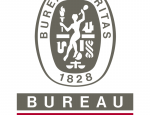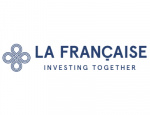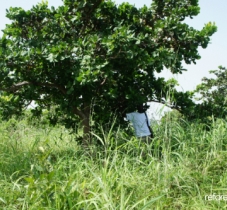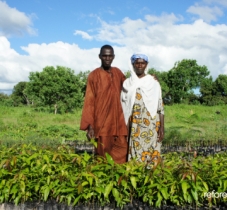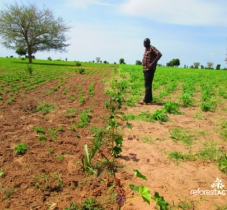Project description
In Sokone, Senegal, Reforest'Action is partnering with the Senegalese social enterprise SOPREEF to plant mango trees, jatropha, moringas and eucalyptus trees in agroforestry. The project contributes to the development of rural populations and promotes access to energy and quality water by planting trees in and around fields, enhancing the value of agro-forestry products and creating sustainable economic links based on quality vegetable oils.
Context of the project in Senegal:
In the Saloum region, two main factors of pressure on forests have been responsible for the degradation of natural resources for many years: energy and agriculture.
The region is part of the groundnut production basin and for many years this exploitation has degraded the soils and led to a specialisation of the rural economy. Today, however, this production is no longer able to solve farmers' financial problems. Farmers need to diversify agricultural production chains with viable alternatives to secure and increase their incomes.
As far as energy is concerned, the consumption of firewood is higher than the production capacity of trees and shrubs. Forests are therefore overexploited and the region is heavily dependent on Casamance forests for access to energy for its populations.
The strategy adopted by the region is to diversify energy sources (jatropha oil, solar energy, etc.), improve energy efficiency (improved stoves) and plant trees in agroforestry and salt lands.
Description of the environment near the plantation:
The plantation takes place in several communes such as Djilor, Passi or Sokone, in the Foundiougne department located in western Senegal, in the heart of the Saloum region. It is in this natural region that the Saloum Delta National Park is located. It includes two large rivers, the Sine and the Saloum. The ecosystem of this region is fragile and poorly managed upstream of the river. Mangroves are retreating and freshwater fish are becoming less and less tolerant of this ecosystem change. The villagers have difficulty in obtaining fresh water. This ecological upheaval is transforming both nature and the lives of the region's inhabitants.
The reforestation project, financed by Reforest'Action, conducted in the field by the Senegalese social enterprise SOPREEF and supported by Kinomé, provides support to 400 small farmers divided into 10 groups. In total, nearly 4000 people benefit from the project.
Our planting project in Senegal:
This planting project has several components: planting multi-purpose trees, developing a vegetable oil sector, raising awareness of forest issues and its protection. The planting of various trees such as mango, jatropha, lemon, eucalyptus and moringa in Senegal requires the establishment of an important technical and logistical ecosystem, ranging from the creation of nurseries to the recruitment of a forestry technician. The villagers are thus the main actors of this project, and the first major beneficiaries of the activities. The funds you contribute to this project through Reforest'Action help to finance:
- technical monitoring and diversification of developments
- the planting of about ten local species, including fruit trees (mango, guava and lemon trees) in agroforestry and thorns to protect the fields (acacia melifera),
- equipment to enhance the value of trees (local oil mills).
An awareness-raising programme has also been set up in the region's primary schools, focusing on environmental education and local development issues. Thus, awareness-raising activities, such as workshops in schools, are organized to educate children about environmental protection and to awaken them to tree planting. More than 10% of the trees in the project are planted with schoolchildren.

